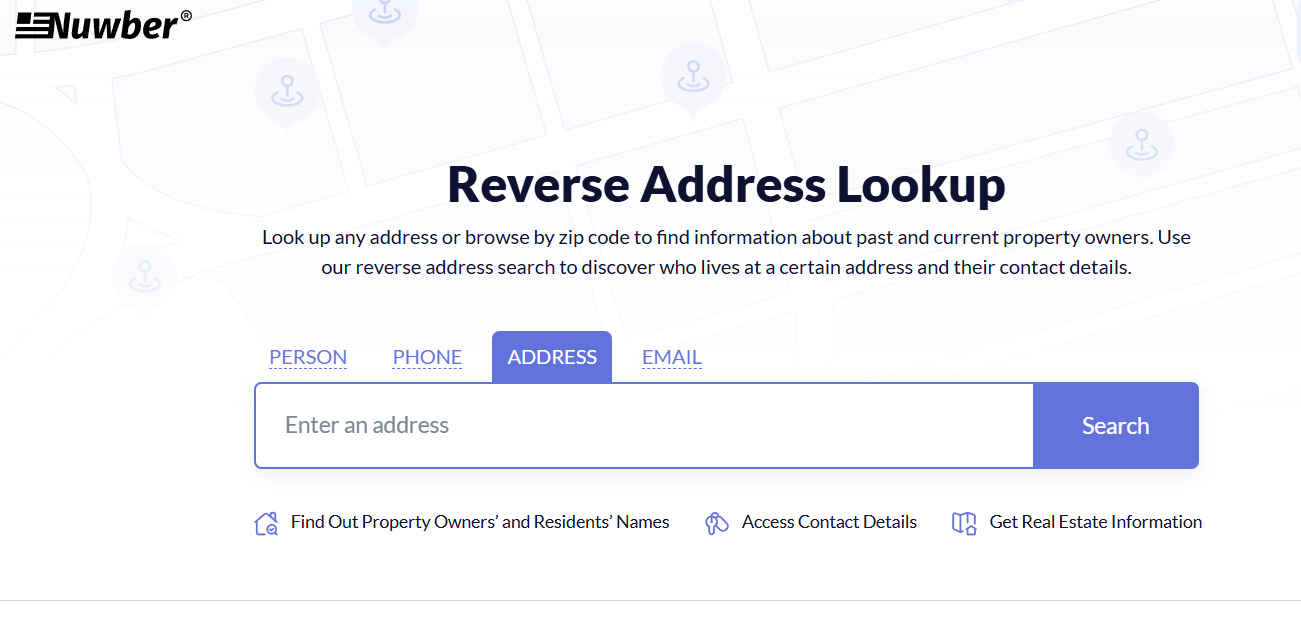So you’re curious about who’s living next door, or maybe you’re eyeing some property? Well, finding out who owns a house in the U.S. isn’t just for the new folks in town. Whether you’ve been around for a while and haven’t met your neighbors yet, or you’re thinking about buying and wanna know who you might be dealing with, there’s a bunch of ways to get that info. Everybody’s got their reasons for wanting to know.
It’s Easier Than You Think

In the U.S., checking out property records is straightforward as long as they’re public. You’re totally in the clear to look them up if someone’s address is posted online or on any government or people search site. Pretty handy, right?
Where to Look? Here’s the Scoop:
1. Search the Address on a People Search Site

A free reverse address search on a people search engine is a simple and effective way to discover property owners. To do this, enter the address in the search bar on the site and hit enter. For an accurate address lookup, type in the details in the following order: street number, street name, city/town, state abbreviation (e.g., PA for Pennsylvania), and ZIP code.
With the help of reverse address lookup, you’ll find current and previous owners, their ages, phone numbers, and relatives, as well as property and neighborhood information.
2. Check With the County Clerk

At the County Clerk’s office, you can discover a variety of details regarding property ownership. Such information can be found through property deeds, mortgages and liens, tax records, recorded documents, and real estate records.
Many County Clerk’s offices in the U.S. have online databases, where you can request property ownership information. If you need something more specific, you can visit the office in person to submit a request.
3. Fndi Property Details on Social Media (It’s Legal!)

Some people mention their location on social media platforms, which makes it easy to find out who owns a property by spending some time on social networks. On Facebook, for example, you can type the necessary address into the search bar. If the address has been tagged in posts or mentioned on someone’s page, you’ll be able to find it.
Another way is to use hashtags on Instagram or X (formerly Twitter). You may find posts where the property is featured, especially if it’s for sale, rent, or has recently been renovated.
4. Google It

This method may not always be effective, but sometimes searching an address on Google can yield the necessary results. As long as the page where the address information is mentioned is indexed on Google, you’ll be able to access it in a matter of seconds.
However, what you can find on Google may not always be accurate or up-to-date. For this, you need to carefully pay attention to what resource you’re gathering the information from.
5. Visit Your Local Library

As long as your local library provides access to public records and historical archives, searching for property owners won’t be a difficult task. Many libraries also keep real estate documents that may mention property owners.
If you’re researching older properties, going through historical city directories and newspaper archives is a good idea. In other instances, such as when the property is new or relatively new, you can try searching local property records.
6. Just Ask Around

Since you don’t know who lives at a specific house in your neighborhood, someone else may know for sure. If you’re friends with some of the neighbors, simply ask them about who owns that property down the street.
Another way is to strike up a conversation and casually ask someone for the same information.
The most effective way is to ask someone who is a member of the local Neighborhood Watch Group. Since they’re involved in community safety and local activities, they often know who lives at a certain house. You can even attend one Neighborhood Watch meeting yourself to see what they do and get more information about the neighborhood in general.
7. Talk to a Real Estate Pro

If the house is for sale or rent, inquire at the local real estate agent about who owns it. For this, approach the conversation respectfully and professionally. Of course, explain your reason for asking and see what you’re able to uncover.
Most real estate agents won’t charge you for providing this information as long as you don’t request something more, like a detailed property history report or something similar.




